Study in New Zealand
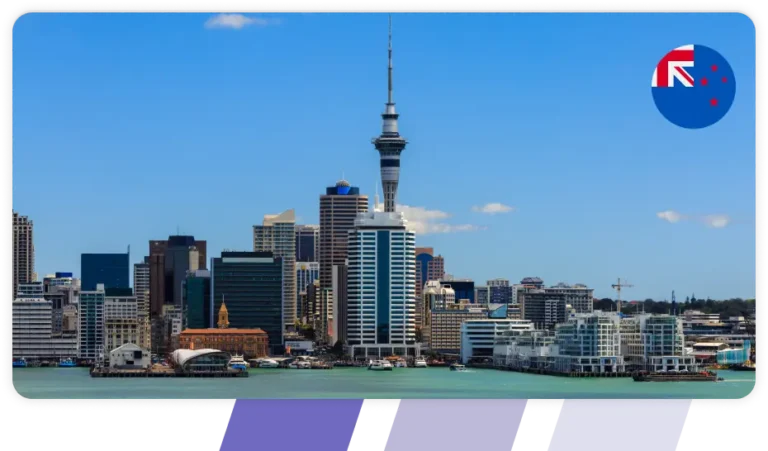
Study in New Zealand for Sri Lankan Students
New Zealand has become one of the world’s most desirable study destinations, offering world-class education, stunning natural landscapes, and exceptional post-study work opportunities. With international student enrolments growing by 14% in universities and reaching 73,535 students between January-August 2024, New Zealand provides Sri Lankan students with access to globally recognized degrees in a safe, multicultural environment.
The country’s education system is renowned for its research-oriented approach, student-focused learning, and practical application. New Zealand hosts 8 universities, all ranking among the top 500 globally, with institutions consistently performing well in international rankings. The nation’s commitment to international education excellence, combined with its English-speaking environment and innovative teaching methods, makes it an ideal destination for Sri Lankan students seeking transformative educational experiences.
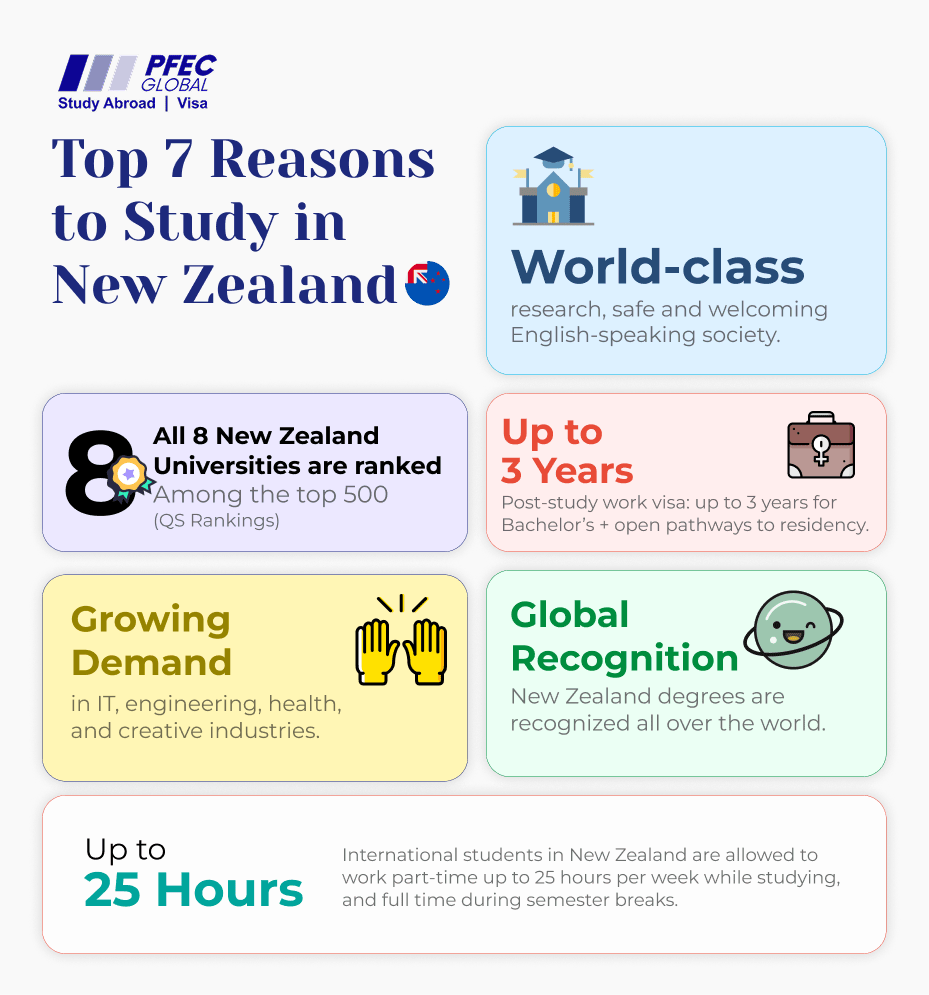
Why Study in New Zealand?
World-Class Education Excellence
New Zealand’s universities consistently rank among the world’s best, with the University of Auckland maintaining its 65th position globally in QS World University Rankings 2026. The country’s education system emphasizes research excellence, innovation, and practical skill development, ensuring graduates are well-prepared for global careers.
English-Speaking Environment
As a native English-speaking country, New Zealand eliminates language barriers for Sri Lankan students while providing authentic language immersion. This advantage helps students develop strong communication skills essential for international career success.
Post-Study Work Opportunities
New Zealand offers excellent career prospects with the Post-Study Work Visa allowing graduates to work for up to 3 years after completing their degrees. Masters and doctoral students continue to be eligible for 3-year open post-study work visas, providing ample time to establish careers and explore permanent residency options.
Enhanced Work Rights for Students (2025)
From November 3, 2025, international students will be allowed to work up to 25 hours per week during semester – an increase from the current 20-hour limit. This change, part of the International Education Going for Growth Plan, provides students with better financial support during their studies.
Safe and Welcoming Environment
New Zealand consistently ranks among the world’s safest countries, offering international students a secure environment for learning and personal growth. The country’s multicultural society creates a welcoming atmosphere where students from diverse backgrounds can thrive.
Pathway to Permanent Residency
New Zealand’s immigration policies favor international graduates, with many students successfully transitioning to permanent residency. The country’s Green Occupation List prioritizes skilled professionals, creating excellent long-term settlement opportunities.
Research and Innovation Hub
New Zealand leads in research across multiple sectors, from agriculture and environmental sciences to technology and healthcare. Students gain access to cutting-edge facilities and opportunities to work on projects addressing global challenges.
Top Universities in New Zealand - QS Rankings 2026
| NZ Rank | Global Rank | University | Key Strengths |
|---|---|---|---|
| 1 | 65 | University of Auckland | Research, Medicine, Engineering |
| 2 | 214 | University of Otago | Medicine, Dentistry, Sciences |
| 3 | 241 | Victoria University of Wellington | Law, Public Policy, Creative Arts |
| 4 | 256 | University of Canterbury | Engineering, Sciences |
| 5 | 284 | Massey University | Agriculture, Veterinary Science |
| 6 | 410 | Auckland University of Technology | Technology, Design, Business |
| 7 | 442 | University of Waikato | Computer Science, Management |
| 8 | 491 | Lincoln University | Agriculture, Environmental Science |
University Highlights
University of Auckland – New Zealand’s Flagship Institution
- QS Ranking 2026: 65th globally (only NZ university in top 100)
- Consistent Performance: Maintained top-100 status with improved score from 69.7 to 77.5
- Strong Areas: Employment outcomes, international research networks, academic reputation
- International Students: Major destination for global students
Auckland University of Technology (AUT) – PFEC Sri Lanka Partner
- QS Ranking 2026: 410th globally (improved from 412th in 2025)
- Recognition: Second-largest university in New Zealand
- Five-Star Rating: QS five-star ratings in Teaching, Employability, Research, Innovation
- Modern Excellence: Recognized as one of the world’s top modern universities
Popular Courses to Study in New Zealand
STEM Fields – High Global Demand
- Engineering: Civil, Mechanical, Electrical, Software Engineering
- Computer Science: Software development, AI, data science, cybersecurity
- Information Technology: Systems analysis, digital technologies
- Environmental Science: Sustainability, climate change studies
- Agriculture and Forestry: Sustainable farming, food technology
Health and Medical Sciences
- Medicine: World-renowned medical programs
- Nursing: High-demand healthcare profession
- Public Health: Population health and policy
- Dentistry: Prestigious dental programs
- Veterinary Science: Animal health and agriculture
Business and Management
- Master of Business Administration (MBA): Global business focus
- International Business: Trade and commerce
- Finance and Accounting: Financial services
- Tourism and Hospitality Management: Major industry sector
- Marketing and Digital Marketing: Modern business skills
Creative Industries and Media
- Animation and Visual Effects: World-class film industry connections
- Graphic Design: Creative digital arts
- Film and Television: Industry-standard production
- Game Design: Growing gaming industry
- Architecture: Innovative design programs
Social Sciences and Humanities
- Education: Teaching and educational leadership
- Psychology: Mental health and behavioral sciences
- Law: Legal studies and jurisprudence
- International Relations: Global affairs and diplomacy
PFEC Sri Lanka Partner Universities
Auckland University of Technology (AUT)
PFEC Sri Lanka is proud to partner with Auckland University of Technology, one of New Zealand’s leading modern universities and a key pathway for Sri Lankan students seeking world-class education.
AUT Partnership Benefits
- Direct Admission Support: Streamlined application process through PFEC Sri Lanka
- Specialized Guidance: Expert counseling for AUT program selection
- Scholarship Assistance: Help with AUT scholarship applications
- Pre-departure Support: Comprehensive preparation for studying at AUT
AUT Academic Excellence
- QS World Ranking 2026: 410th globally, demonstrating consistent improvement
- Five-Star QS Rating: Excellence in Teaching, Employability, Research, Innovation
- Modern University Leader: Recognized globally for contemporary education approaches
- Industry Connections: Strong partnerships with New Zealand businesses
Popular AUT Programs for Sri Lankan Students
- Bachelor of Engineering: Technology-focused engineering disciplines
- Bachelor of Computer and Information Sciences: IT and software development
- Bachelor of Business: Comprehensive business education
- Master of Business Administration: Advanced management skills
- Master of Engineering: Research and development focus
Media Design School (MDS)
PFEC Sri Lanka also partners with Media Design School, New Zealand’s premier creative education institution, offering Sri Lankan students access to world-leading programs in creative and digital technologies.
Media Design School Excellence
- #1 in New Zealand: Ranked top creative education institution in New Zealand for 2025
- #3 in Australia & New Zealand: Regional leadership in animation education
- #16 Worldwide: Global recognition for animation programs (Animation Career Review 2025)
- Industry Recognition: Only NZ institution in Top Australian & New Zealand Animation Schools
MDS Partnership Advantages
- Expert Application Support: Specialized guidance for creative program applications
- Portfolio Development: Assistance with creative portfolio preparation
- Industry Connections: Access to New Zealand’s world-class creative industry
- Career Pathway Support: Guidance for creative industry careers
Popular MDS Programs
- Bachelor of Software Engineering: Technology and programming focus
- Bachelor of Creative Technologies: Game design and development
- Bachelor of Art and Design: Visual arts and creative design
- Master of Design: Advanced creative and digital technologies
- Graduate Diploma Programs: Specialized creative skills development
MDS Course Fees 2025
- Undergraduate Programs: NZD 23,165 – 33,500
- Postgraduate Programs: NZD 16,750 – 33,500
- Duration: 1–3 years depending on program level
Creative Industry Focus
Media Design School emphasizes that New Zealand’s creative industry ecosystem punches well above its weight, home to world-class visual effects studios and global creative brands. Students gain access to genuine industry networks and hands-on, immersive education that prepares them to thrive in the global creative economy.
Requirements to Study in New Zealand
Academic Requirements
Undergraduate Programs
- Completed 12 years of education (HSC or equivalent)
- Minimum grades: Generally 70% or above in HSC
- Subject prerequisites: Varies by program (e.g., mathematics for engineering, sciences for health)
- Age requirement: 17+ years for undergraduate admission
Graduate Programs
- Bachelor’s degree from recognized institution
- Good academic standing: Generally B-grade average or equivalent
- Relevant background: Prior study in related field preferred
- Research proposal: Required for PhD programs
English Language Requirements
General Requirements
- IELTS: 6.0–7.0 overall (varies by program and university)
- TOEFL: 80–100 (internet-based test)
- PTE Academic: 50–65 overall
- Cambridge English: Various levels accepted
Program-Specific Requirements
- Higher Requirements: Medicine, law, and teacher training programs
- Alternative Assessments: Some universities accept internal testing
- Medium of Instruction: Certificates may be acceptable in certain cases
Required Documents
- Academic transcripts and certificates (all levels)
- English proficiency test scores
- Statement of Purpose / Personal Statement
- Letters of Recommendation (2–3)
- CV / Resume
- Valid passport (minimum 6 months validity)
- Health and medical certificates
- Financial proof documents
- Character certificates / Police clearance
Intakes to Study in New Zealand
Primary Intake Periods 2025–2026
February Intake (Semester 1) – Main Intake
- Start Date: February 2026
- Application Deadline: End of November 2025
- Advantages: Widest range of courses available, aligns with main academic calendar
- Best For: Fresh graduates and students planning ahead
July Intake (Semester 2)
- Start Date: July 2025/2026
- Application Deadline: End of April 2025/2026
- Advantages: Good program selection with shorter wait time
- Best For: Students who missed February deadlines
Expanded Intake Options
- Many institutions now offer additional intakes in September or November
- Especially available for:
- Postgraduate and diploma programs
- Specialized courses and certificates
- Vocational and technical programs
Application Timeline Recommendations – February 2026 Intake
- April–May 2025: Research universities and programs
- June–July 2025: Take English proficiency tests (IELTS, TOEFL, PTE)
- August–September 2025: Submit applications and documents
- October–November 2025: Accept admission offers and confirm enrollment
- November–December 2025: Apply for scholarships and student visa
- December 2025–January 2026: Final preparations and travel arrangements
Visa Processing Peak Period
Immigration New Zealand experiences peak processing periods between May–August annually. Students aiming for July or August start dates should apply for visas at least three months in advance to avoid delays.
Cost of Studying in New Zealand
Tuition Fees 2025-2026
Undergraduate Programs
| University Type | Annual Tuition (NZD) | BDT Equivalent | USD Equivalent |
|---|---|---|---|
| Public Universities | 22,000 - 35,000 | 13,20,000 - 21,00,000 | $13,400 - $21,300 |
| Private Universities | 18,000 - 25,000 | 10,80,000 - 15,00,000 | $11,000 - $15,200 |
| Specialized Programs | 25,000 - 45,000 | 15,00,000 - 27,00,000 | $15,200 - $27,400 |
| Program Type | Annual Tuition (NZD) | BDT Equivalent | USD Equivalent |
|---|---|---|---|
| Master's Programs | 26,000 - 37,000 | 15,60,000 - 22,20,000 | $15,800 - $22,500 |
| MBA Programs | 35,000 - 55,000 | 21,00,000 - 33,00,000 | $21,300 - $33,500 |
| PhD Programs | 6,500 - 9,000 | 3,90,000 - 5,40,000 | $4,000 - $5,500 |
Living Expenses 2025
Average living costs for international students:
| Expense Category | Weekly Cost (NZD) | Annual Cost (NZD) | BDT Equivalent |
|---|---|---|---|
| Accommodation | 270 - 380 | 14,000 - 19,760 | 8,40,000 - 11,86,000 |
| Food & Groceries | 70 - 100 | 3,640 - 5,200 | 2,18,000 - 3,12,000 |
| Transportation | 25 - 50 | 1,300 - 2,600 | 78,000 - 1,56,000 |
| Personal Expenses | 50 - 100 | 2,600 - 5,200 | 1,56,000 - 3,12,000 |
| Health Insurance | 12 - 15 | 624 - 780 | 37,400 - 46,800 |
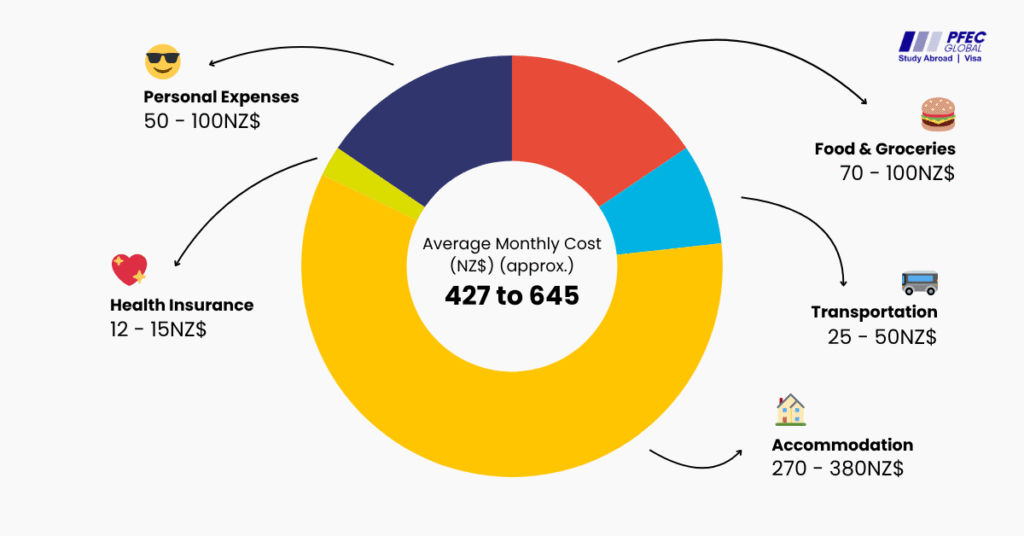
Total Annual Costs
Sri Lankan students can expect total annual expenses ranging from NZD 45,000 to NZD 70,000 (₹27-42 lakhs), making New Zealand competitive with other top study destinations while offering superior quality of life.
Part-Time Work Benefits (Enhanced 2025)
From November 2025, students can work up to 25 hours per week, earning approximately NZD 40.96 per hour (₹2,004), providing significant financial support during studies.
Scholarships for Sri Lankan Students
New Zealand Development Scholarships
Comprehensive government funding for developing countries:
- Coverage: Full tuition, living expenses, travel costs, health insurance
- Target: Undergraduate and postgraduate students
- Focus: Development-related fields and priority sectors
- Application: Through Ministry of Foreign Affairs and Trade
New Zealand Commonwealth Scholarships
For Commonwealth countries including Sri Lanka:
- Coverage: Tuition fees and living allowances
- Duration: Full degree program
- Eligibility: Outstanding academic merit and leadership potential
University-Specific Scholarships
University of Auckland International Student Scholarships
- Auckland International Student Scholarship: Up to NZD 10,000
- Faculty-specific scholarships: Various amounts by discipline
- Doctoral scholarships: Full funding for PhD students
Auckland University of Technology (AUT) Scholarships
- AUT International Student Scholarships: Up to NZD 5,000
- Faculty Excellence Scholarships: Merit-based awards
- Postgraduate Research Scholarships: For research students
Media Design School Scholarships
- Merit-based awards: For outstanding creative portfolios
- Industry partnership scholarships: Corporate-sponsored awards
- International student grants: Financial assistance programs
External Scholarship Opportunities
- Fulbright New Zealand: Exchange and research programs
- Commonwealth Scholarship Commission: Various programs
- Private foundation scholarships: Industry and community awards
Average Scholarship Values
International students can expect average scholarship support of NZD 9,000 annually, with some programs offering full funding for exceptional candidates.
Post-Study Work Opportunities in New Zealand
Post-Study Work Visa 2025–2026
New Zealand offers one of the world’s most generous and flexible post-study work visa programs, allowing international graduates to stay, gain professional experience, and potentially transition to permanent residency.
Visa Duration by Qualification Level
- Bachelor’s, Postgraduate Diploma, Master’s, PhD: 3-year open work visa
- Level 7 Qualifications: Typically up to 3 years with flexible employment options
- Level 4–6 Qualifications: 1–2 years, may be linked to study-related employment
Enhanced Eligibility (2025 Updates)
- Minimum Study Duration: 30 weeks of full-time study required for Level 7+ qualifications
- International Degree Recognition: Streamlined recognition process for overseas degrees
- Financial Requirement: Students must show available funds of NZD 5,000 at the time of application
High-Demand Career Sectors
New Zealand’s Job Market Priorities for International Graduates
Technology and Innovation
- Software Development: High demand with competitive salaries
- Data Science and Analytics: Growing field with excellent prospects
- Cybersecurity: Critical skills shortage
- Artificial Intelligence: Emerging opportunities
Healthcare and Life Sciences
- Medical Professionals: Ongoing demand for qualified practitioners
- Nursing: Critical shortage with excellent career prospects
- Public Health: Growing focus on population health
Agriculture and Environmental Sciences
- Sustainable Agriculture: Innovation in farming practices
- Environmental Consulting: Climate change and sustainability focus
- Food Technology: Export-focused industry growth
Creative Industries
- Film and Animation: World-class visual effects industry
- Game Development: Growing digital entertainment sector
- Design and Media: Creative economy expansion
Permanent Residency Pathways
- Skilled Migrant Category: Points-based system favoring graduates
- Green List Occupations: Fast-track for high-demand skills
- Work to Residence: Employment-based permanent residency
Career Support Services
- University Career Services: Job placement assistance
- Industry Networking Events: Professional connections
- Graduate Development Programs: Employer-sponsored training
- Professional Associations: Industry-specific support
Student Visa Requirements 2025
Streamlined Application Process
New Zealand has implemented improved visa processing systems to support international student growth.Basic Requirements
- University acceptance letter from approved institution
- Financial proof: Ability to support living costs (approximately NZD 20,000 annually)
- Health insurance: Comprehensive coverage required
- Character requirements: Police clearance certificates
- Health requirements: Medical examinations as required
Processing Times 2025
- Standard processing: 4-6 weeks
- Peak periods: May take longer (May-August)
- Recommendation: Apply at least 3 months before study start date
Enhanced Work Rights
- Current: 20 hours per week during studies
- From November 2025: 25 hours per week – increased flexibility
- Holiday periods: Full-time work allowed during scheduled breaks
Application Process and Timeline
Step-by-Step Application Guide
1. Research and Selection (12–18 months before)- Compare universities and programs
- Research scholarship opportunities
- Understand entry requirements
- Consider PFEC Sri Lanka partner institutions
- Take IELTS, TOEFL, or PTE Academic
- Achieve required scores for chosen programs
- Consider retaking if scores need improvement
- Gather academic documents
- Write personal statements
- Secure recommendation letters
- Prepare portfolios (for creative programs)
- Submit online applications
- Pay application fees
- Upload supporting documents
- Track application status
- Receive admission decisions
- Accept offers and pay deposits
- Apply for scholarships
- Confirm enrollment
- Prepare visa documentation
- Submit student visa application
- Attend medical examinations if required
- Receive visa approval
- Arrange accommodation
- Purchase health insurance
- Book flights
- Attend pre-departure orientations
Universities
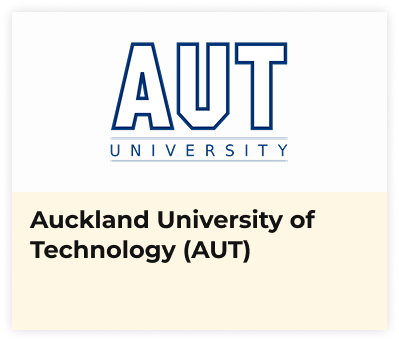


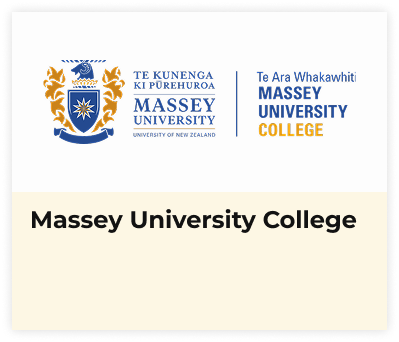
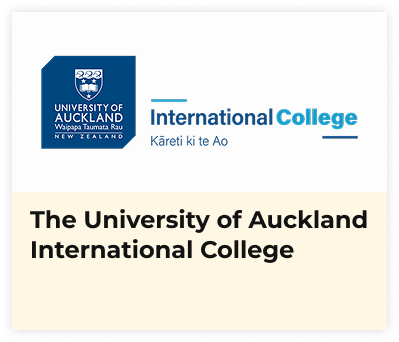
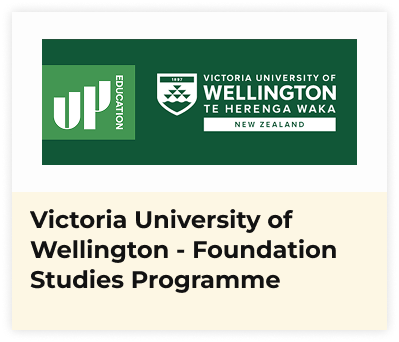
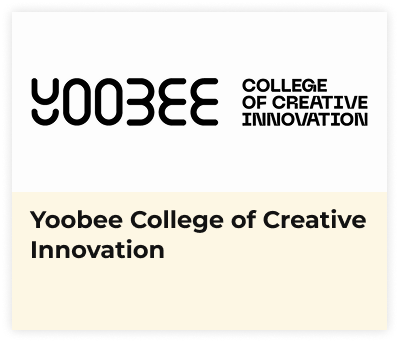
What are the latest changes to New Zealand student visas in 2025?
From November 3, 2025, international students will be allowed to work up to 25 hours per week during semester (increased from 20 hours). This change is part of the International Education Going for Growth Plan to support student finances and attract more international students.
How much does it cost to study in New Zealand for Sri Lankan students?
Total annual costs range from NZD 45,000 to NZD 70,000, including tuition fees of NZD 22,000-45,000 annually and living expenses of NZD 21,000-27,000 per year.
What are the post-study work opportunities in New Zealand?
New Zealand offers a 3-year open work visa for graduates with Bachelor’s, Master’s, or PhD degrees. This generous timeframe allows graduates to gain significant work experience and explore permanent residency pathways.
Which New Zealand universities does PFEC Sri Lanka partner with?
PFEC Sri Lanka partners with Auckland University of Technology (AUT) – ranked 410th globally in QS 2026 – and Media Design School – ranked #1 in New Zealand for creative education in 2025. Both partnerships provide specialized support for Sri Lankan students.
When should I apply for New Zealand universities?
For February intake, apply by end of November; for July intake, apply by end of April. Start the process 12-18 months in advance to allow time for English testing, document preparation, and visa processing.
Are New Zealand degrees recognized internationally?
Yes, New Zealand degrees are globally recognized and highly respected. All 8 New Zealand universities rank among the world’s top 500, ensuring international recognition and career opportunities worldwide.
What English language requirements do I need?
Generally IELTS 6.0-7.0, TOEFL 80-100, or PTE Academic 50-65 depending on the program and university. Some programs may have higher requirements, particularly in medicine, law, and teacher training.
Can I bring my family to New Zealand while studying?
Yes, student visa holders can include dependent family members in their applications. Partners may be eligible for work visas, and children can attend school with certain benefits.
What scholarships are available for Sri Lankan students?
Multiple options include New Zealand Development Scholarships (full funding), university-specific awards, and partnership scholarships through PFEC Sri Lanka. Average scholarship support is NZD 9,000 annually.
Is New Zealand safe for Sri Lankan students?
Yes, New Zealand consistently ranks among the world’s safest countries with low crime rates, excellent healthcare, and strong support systems for international students. The multicultural society creates a welcoming environment for students from diverse backgrounds.